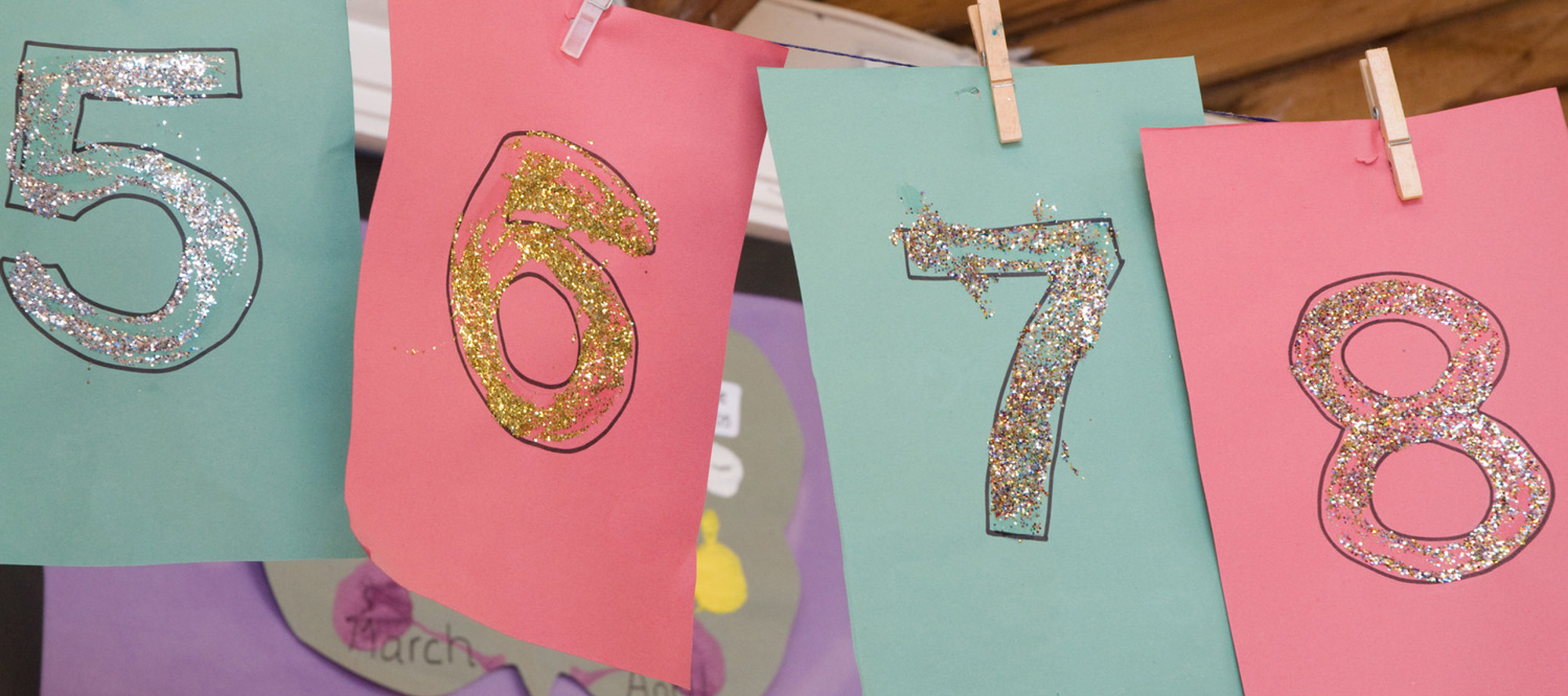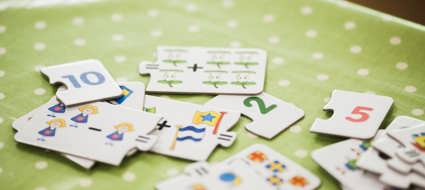A care-experienced adult discusses his experiences accessing his care recordings and what should be considered in chronologies.
I slide the care file out of the messy stack of papers by my bed and place it next to me. It’s never far away. It’s why when I went travelling for two years in my mid-twenties that it was the first item I stuffed in my rucksack. ‘Only take what you need’ a friend had said, ‘You have to travel as light as possible’. I needed it. 126 pages wrapped in a thin red plastic A4 ring binder. Its contents made up of various reports and reviews from social workers, Children’s Services managers, foster carers, psychologists and a police report. So many different voices taking turns to talk out my life, but my own strangely silent, except for a sentence or two scattered here and there. So many versions of me, some I recognised, and others I did not. Most looking like the reflection of a funny fairground mirror, all warped and bent out of shape.
It is clear when reading the file that its authors may not have considered the boy they were writing about might one day read their words. That he might unexpectedly receive the file at the age of 22 in the post and find himself reading it on the way to work on the 126 bus making its way through the rain.
I remember opening up the folder and seeing on the first page a chronology of all my moves while in care. Dates, addresses, foster parent names, the names of children’s homes and sometimes the names of other foster children in the same household. An explosion of images and sounds, like fragmented film clips all stitched together, suddenly hit me. I was unprepared. I grabbed for my hood, lifted it over my head and dragged it down over most of my face, but kept reading. I couldn’t stop.
There had been no call to warn me the file was coming. No offer of support for someone to sit with me when it came, to guide me through it, to prepare me for the content, for the feelings that were to come, to tell me to be careful and to be kind to myself. There was nobody, no advice, no one to contact when the memories got the better of me in the weeks, months and years that followed. I felt alone. That nine-year-old boy all over again, but now an adult. Both of us reading and remembering, hoods up, in tears.
Six months earlier I had contacted the council that was responsible for me while I was in care. I’d heard in a work training session that a person had the right to access any records that included personal information about them. There must be records on me I thought. The woman from the council said maybe and she would look into it. After making the call I quickly forgot about the request. Months past and then one morning I found myself signing a postman’s soggy form and being given a brown package.
That was 20 years ago. I’m now married and have two children, I have a house, a job I’m proud of at a university, and friends that mean the world to me. I’ve repaired some of the damage between myself and my family, but some remains and we carry those scars silently. Still, from time to time I pick up the file and read bits and pieces. The experience now as a 42-year-old man is different. I’m changing and because of that so is the file. I see it now through new and more experienced eyes. But it is still difficult to read. I think of my own children. My son, almost nine, the same age I went into care permanently.
While it is a difficult document to read, it is also fascinating. Even the difficult elements create doorways into the past and I see the boy riding his BMX on his old estate jumping off the curbs. I see him running around the common with his foster parent Michael, standing in the sea in Jamaica catching the rain in his mouth as the clouds open up, and then holding hands with Caroline while playing hide and seek in the dark.
The file is a complex document full of omissions, but it is also a treasure trove of memories. How many people will ever possess such a document about their childhood? I feel lucky to have it now. I’ve created a relationship with it that continues to evolve. I’ve read it hundreds of times and in hundreds of states. I now see in-between the words, into the nooks and crannies of the reports. I see the social workers trying their best and perhaps struggling. I see my bad behaviour misunderstood and I see lost opportunities. I see heroes. I see more and more each time I return to it.
I continue to try my best to let go of the pain the file can generate. It gets tiring holding on to it. The little boy deserves more, but there are still times when I need to talk to someone. In the past, it has been unclear where that support might be. So much of the information and guidance related to the care experience has been fragmented. There’s a lack of consistency and so much can depend on what part of the country you were in care. Some councils are better than others, some services more proactive. It can get confusing. There is also further confusion as rights and services can differ based on your care experienced status…were you in care for a short period, a longer period, were you adopted or not. It can be a bit of a minefield that can put many people off.
However, recently I joined a number of other care experienced individuals to support Family Action to develop their new Family Connect website that is the kind of resource I wish I could have accessed all those years ago when I first thought about seeking my records. It is a place that not only supports one accessing their records but also importantly considers the broader issues that can impact this process, such as searching and reengaging with family members and supporting everyone through this process. Family Action has taken great care to develop this resource and my ultimate hope is that people will find it, use it and get support.
You can hear in more detail the process of accessing care records and the importance of child-centred recording in a connected podcast.


